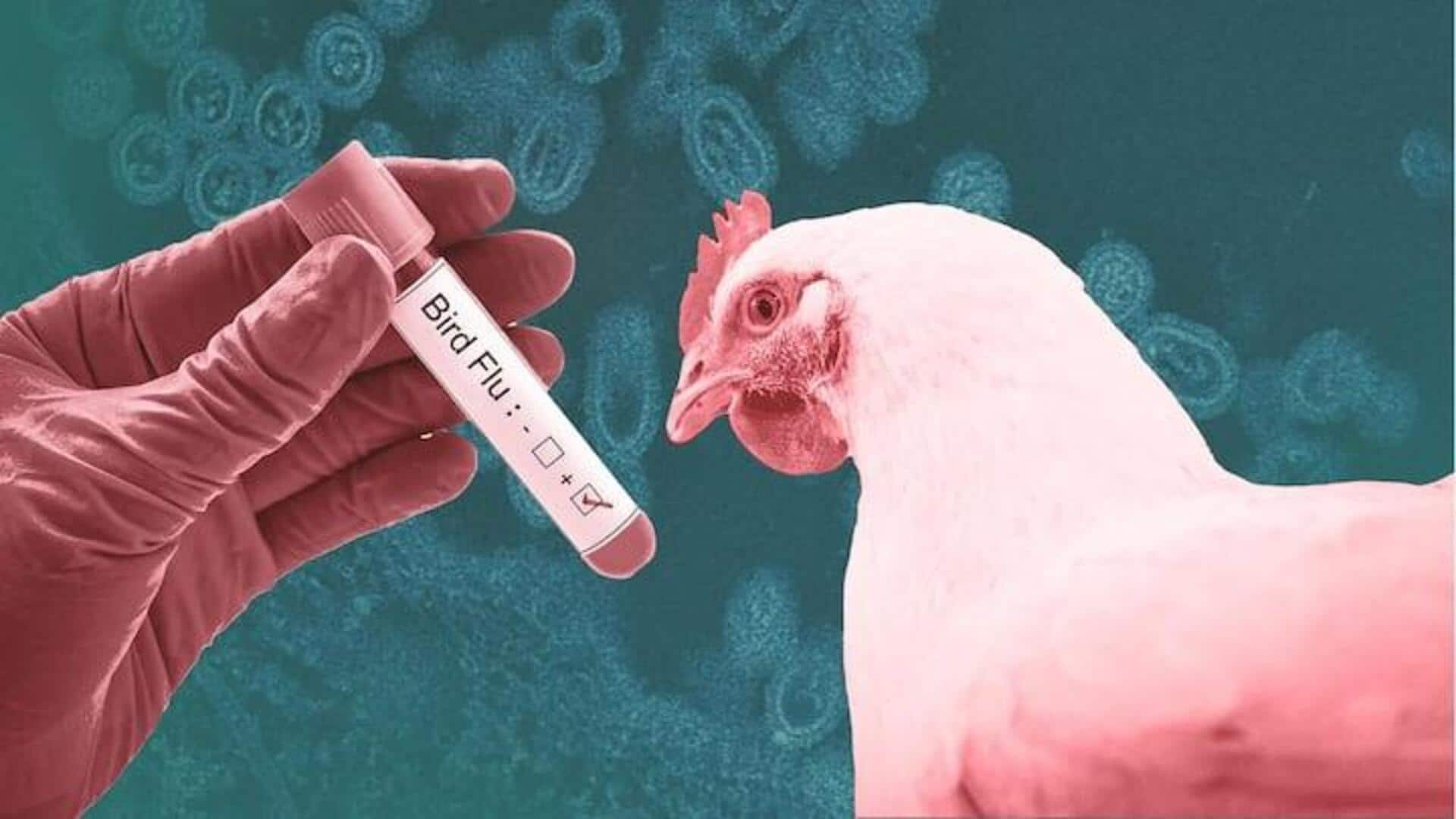
US—Bird flu virus shows mutations in 1st severe human infection
What's the story
The United States Centers for Disease Control and Prevention (CDC) has found mutations in the bird flu virus from the first severe human infection in the country. The patient, a Louisiana resident aged over 65, was infected with the D1.1 genotype of the virus. This strain was recently detected in wild birds and poultry across America. Notably, these mutations were absent in samples from an infected backyard flock on the patient's property.
Mutation details
Mutations found in key gene of bird flu virus
The mutations were found in the hemagglutinin (HA) gene, which is critical for the virus' attachment to host cells. Such mutations are rare but have been observed in severe cases around the world, including a recent case in British Columbia, Canada. Despite the findings, the CDC insists that "the risk to the general public from the outbreak has not changed and remains low." No transmission from the Louisiana patient to others has been detected so far.
Virus spread
H5N1 bird flu's unusual behavior raises global concerns
The H5N1 bird flu is raising global health alarms due to its unusual behavior in North America. Since March 2024, it has spread to dairy cattle across the continent, marking its first widespread occurrence in cows globally. California declared a state of emergency after H5N1 impacted 660 dairy farms. The virus has also killed wild animals across North America, including big cats, seals, foxes and bears.
Virus impact
H5N1 bird flu's impact on humans and animals
The H5N1 virus was first detected in humans during a poultry outbreak in Hong Kong in 1997. It has since led to over 900 human infections worldwide with a mortality rate of over 50%. Most cases stem from direct contact with infected birds. However, recent cases have been mild, especially among dairy workers exposed to infected cattle. Two severe cases have emerged recently: one involving a teenager in British Columbia and another involving the Louisiana resident.
Preventive measures
CDC and WHO's efforts to combat H5N1 bird flu
Both cases involved the D1.1 strain with mutations that made it easier for the virus to bind to human lung cells. Despite these mutations, H5N1 still struggles to spread between humans due to its reliance on avian-specific receptors. The CDC recommends avoiding sick or dead birds and animals and only consuming pasteurized dairy products. Organizations like the CDC and World Health Organization (WHO) are working to develop vaccines tailored specifically for H5N1 strains.